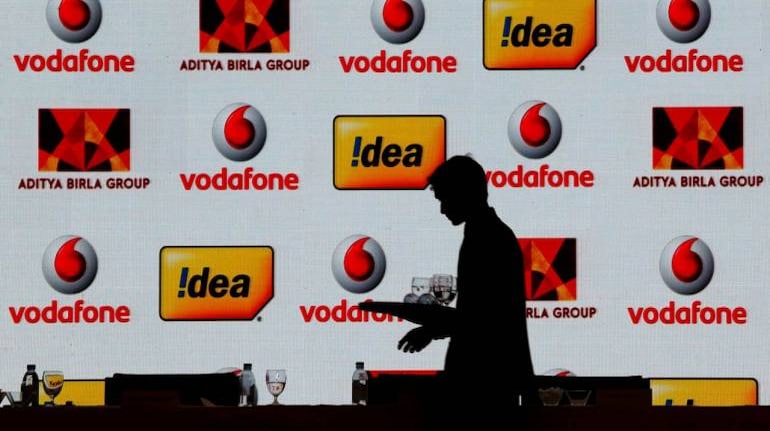



The impact of the decision taken by Vodafone and Aditya Birla Group to no longer infuse capital in the ailing Indian arm may have a spillover effect on the debt exposure of mutual fund houses to the entity.
The company may be on the brink of a collapse if it has to pay $4 bln in statutory dues. It has sparked concerns among investors over the company's inability to service the debt.
Any default may also spark rating downgrades and erosion of scheme values. On account of this, mutual fund investors may redeem their investments in schemes that have exposure to Vodafone-Idea debt papers.
According to data from Morningstar India, 36 mutual fund schemes had exposure to the corporate bonds of Vodafone Idea to the tune of Rs 3,376 crore as on October 31.

In all, four asset management companies had holdings in debt papers namely-Franklin Templeton MF, Aditya Birla Sun Life MF, UTI MF and Nippon India MF.
However, there is a silver lining as Vodafone Idea debt papers still fall in the category of ‘investment grade'.
In May, the Association of Mutual Funds in India recommended graded marking-down of the value of below-investment grade securities owned by mutual fund houses through their schemes.
So far, the fund houses have not marked down the value of investment in Vodafone-Idea papers. “If MFs mark down the value of investment it will hit the net asset value of the schemes that have investments in Vodafone Idea bonds,” said a fixed income head at a mid-sized mutual fund.
In terms of value, at the end of October, Franklin Templeton Mutual Fund had the highest exposure to the tune of Rs 2,058 through six of its schemes.
As of October 31, UTI Mutual Fund's exposure to the company's debt was Rs 558 crore through 10 schemes while that of Aditya Birla Sun Life Mutual Fund had exposure of Rs 518 crore through four of its schemes.
Nippon India Mutual Fund had exposure of Rs 242 crore through 16 schemes in the range of 0.30-10 percent of the total scheme's portfolio.
Rating downgrade impact
Last week, Brickwork Ratings had revised the rating to A- and placed it on watch with negative implications.
With the rating agency downgrading this time and looking at shaky finances of Vodafone Idea before it actual defaults, it is an information dissemination to institution investors.
SEBI's guidelines on side pocketing of bad papers, therefore, triggers in this case. This will help leaving investors and staying investors in equal treatment in those troubled MF schemes.
After the credit crisis in IL&FS and DHFL, SEBI issued a comprehensive circular in December 2018 to allow mutual funds to segregate their holdings in stressed securities.
Known as side-pocketing in mutual fund parlance, this refers to a practice where fund houses isolate risky assets from the rest of their holdings and cap redemption in the segregated assets.
“With MFs playing waiting game instead of marking down the Vodafone Idea paper will create artificial NAV giving wrong signal to existing and incoming investors,” said a former SEBI officer who worked with the mutual fund department.
He also said that MFs were found playing with wrongly-accounted NAVs during scheme inspection of 2010-11. That time, SEBI directed to compensate investors with a fair-value NAV.
Discover the latest Business News, Sensex, and Nifty updates. Obtain Personal Finance insights, tax queries, and expert opinions on Moneycontrol or download the Moneycontrol App to stay updated!
Find the best of Al News in one place, specially curated for you every weekend.
Stay on top of the latest tech trends and biggest startup news.